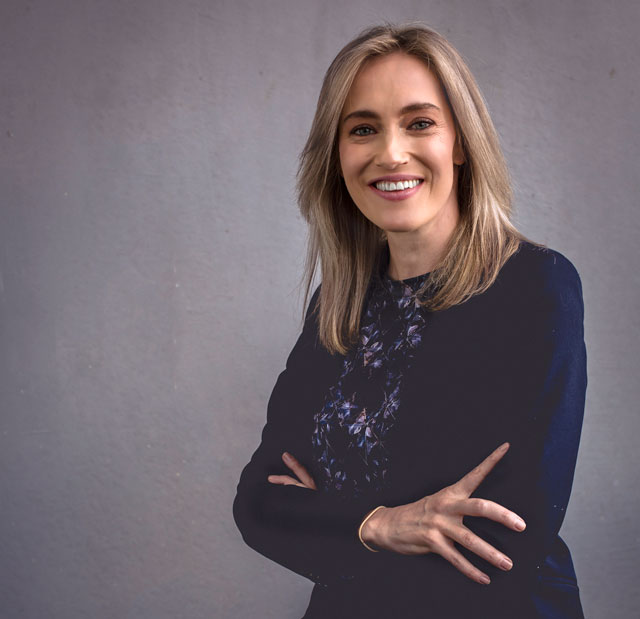How to re-claim good mental health

By 2020, experts predict mental illness will be the number 1 disease globally. In light of this news, we chat to Erin Quinane, founder of the Mental Health Company, who manages her own major clinical depression everyday. She shares her story about her recovery journey and how changing her diet has transformed her life.
When did you notice that things might not be quite right?
"I was 27 and struggling emotionally and psychically. I lost my sense of joy, was negative, frustrated, and angry all the time.
Then my body started to shut down. I was constantly tired but couldn’t sleep either. I was mentally fatigued and had so much brain fog that it affected my ability to make even the smallest decision. My memory was starting to drop off and I was constantly making mistakes at work. My digestive and reproductive systems went haywire, I had inflammation, was always bloated, and had daily body aches."
How did you manage?
"I didn’t. I started to adapt to my symptoms. I didn’t take corrective actions straight away, but I think that was because I was suffering from depression and didn’t have the mental or psychical energy to get on top of it."
Do you know why it started?
"At the time, I didn’t. But now I realize I had a very poor work-life balance. I went very hard in my career for the first 10 years, ignoring all the warnings and just kept pushing through. I also went through a very lonely period in my life and this can be a key predictor for depression.
Then I experienced two very stressful life events in quick succession that tipped me over-the-edge. I discovered that stressful life events can bring on depression and change your brain chemistry."

How long did you wait before confiding in anyone?
"It took me years because I didn’t know about mental illness enough to attach a label to how I was feeling. I felt like I was a failure and adopted the typical Aussie attitude of ‘tough-it-out’. It was a big mistake because it delayed my recovery process. I also didn’t know who to turn to."
What help did you seek?
"I went to my GP, but discovered they are not all well-versed in mental health. What I should have done was find the right GP who really knows about it and doesn’t just try to prescribe you a run-of-the-mill anti-depressant and send you on your way.
When I wasn’t experiencing any real changes I ended up feeling worse and things got so bad that I was admitted to a specialist mental health hospital. This was equally the scariest and best thing that could have happened to me. It was the circuit breaker I needed. It also gave me access to mental health professionals who knew what they were talking about and how best to treat me."
Was this the beginning of your recovery journey?
"It was because I was forced to accept it. I discovered a holistic approach and educated myself on the best type of exercise, emotional solutions and diet to help fix myself.
The most valuable lesson I learnt is that diet is critical for good mental health.
90% of your serotonin levels live in the gut, so I have educated myself on gut health and getting that really strong.
Altering my diet was the game changer in my recovery. I started taking THE SUPER ELIXIR and Nourishing Protein by WelleCo so I could get the right nutrients, vitamins, and most importantly the right prebiotics and probiotics into my gut, to ensure it is healthy enough to produce strong levels of serotonin."
What advice would you give to anyone suffering from poor mental health?
"The quicker you accept it, the sooner you can start the recovery journey. Educate yourself and become an expert in knowing how to get better and then manage it for the rest of your life. There is a light at the end of the tunnel and while you may have to make some hard decisions along the way, you need to be ruthless in getting better. I definitely made hard decisions about how to change the way I live and the people who should be in my life."
Interview originally appeared on Welleco.

